
The two largest newspapers in Brazil are in an open dispute for market leadership and they both call themselves leaders, but use different criteria and numbers to reach this conclusion.

UNESCO report conducted more than 900 surveys of women journalists from 125 countries. Most of the journalists contacted said they had received attacks based on disinformation that sought to discredit them personally and professionally.
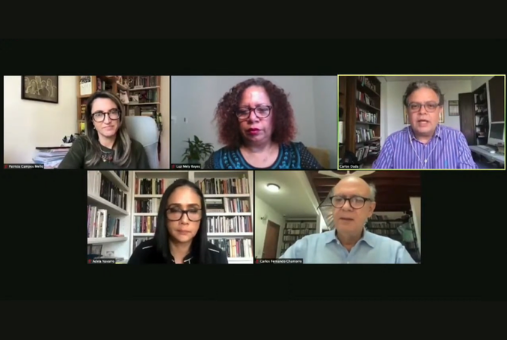
Government harassment against journalists has become a trend in Latin American countries, with leaders often using the strength of state institutions, such as the judiciary and police, to discredit and even silence the press.
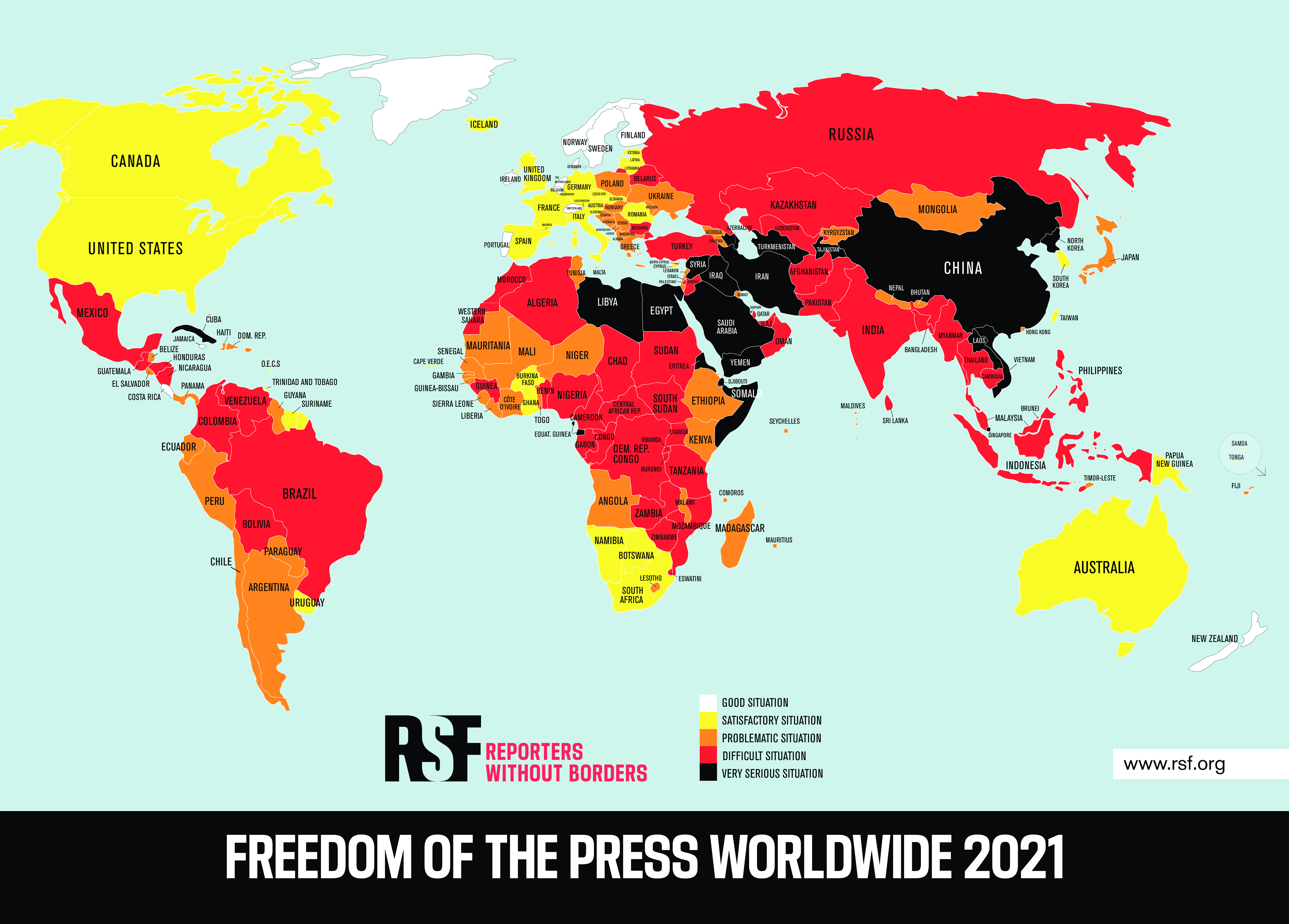
The global press freedom ranking by NGO Reporters Without Borders (RSF) confirmed a perceived trend in Latin America: a general worsening of conditions for the exercise of journalism on the continent. Of the 24 countries in the region analyzed, 19 lost points in the RSF survey.

The Brazilian Press Association filed two lawsuits with the Federal Supreme Court to curb the abuse of lawsuits against journalists. The Brazilian Association of Investigative Journalism launched a program to provide legal support to independent journalists targeted by lawsuits.
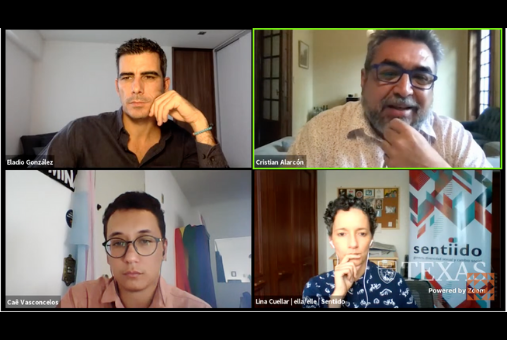
Panel on sexual orientation of the First Latin American Conference on Diversity in Journalism, talks about sexual diversity in journalism as the intersection between gender, race and social class.

Can a politician who holds an important public office block a journalist on social media? This is an urgent debate for the Brazilian Association of Investigative Journalism (Abraji)

Despite widely recognized as a diverse country, Brazil appears in the report as one of the three countries examined in a recent Reuters Institute report where there is not a single non-white editor in the sample, along with Germany and the UK.

With social distancing rules, control over who asks questions –and when they’re asked– has increased in Latin America and the Caribbean.
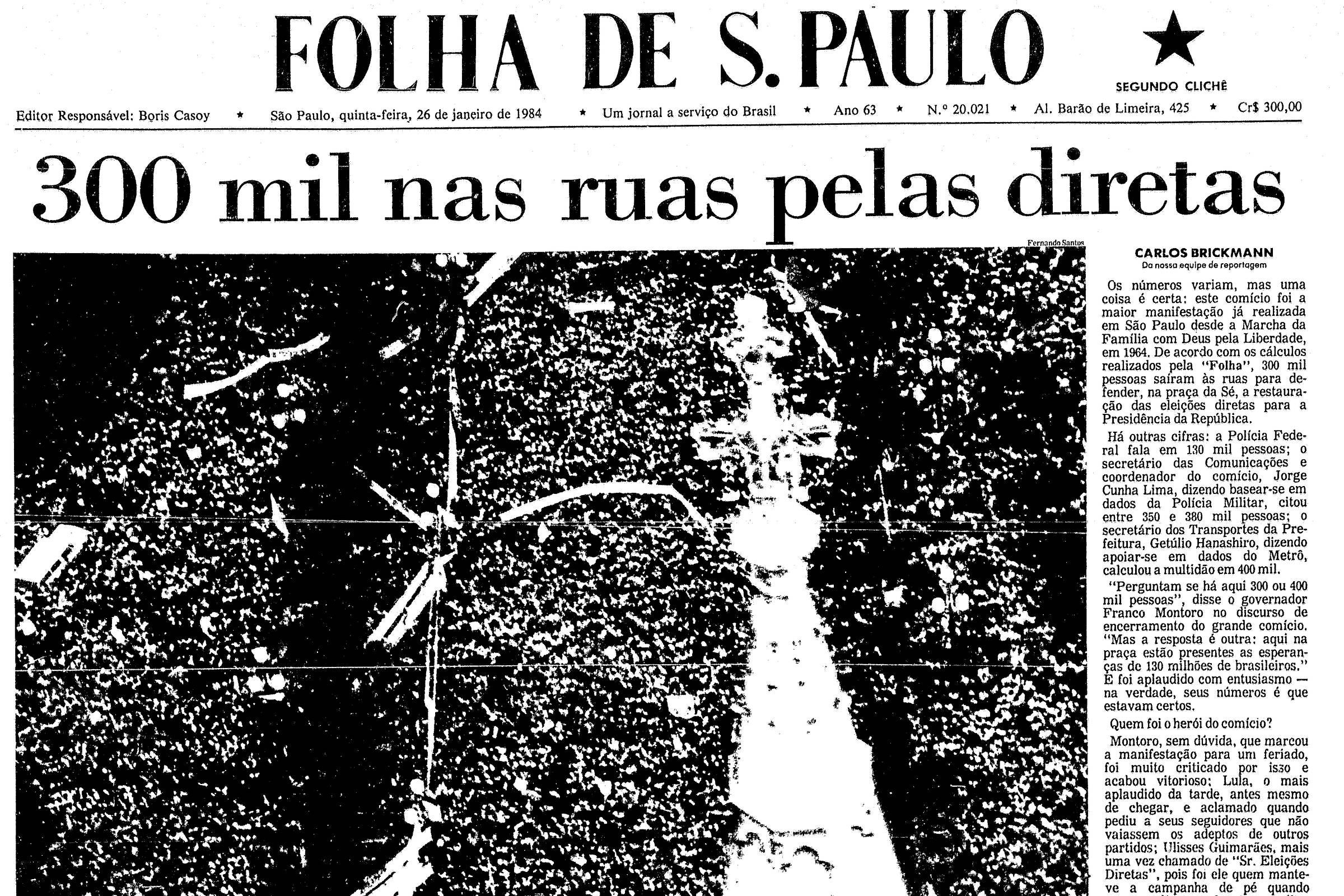
In celebration of its 100th anniversary, Brazilian newspaper Folha de S.Paulo recognizes the last 40 years in particular, when it started to stand against the dictatorship it initially supported, and in favor of democratization and direct elections.
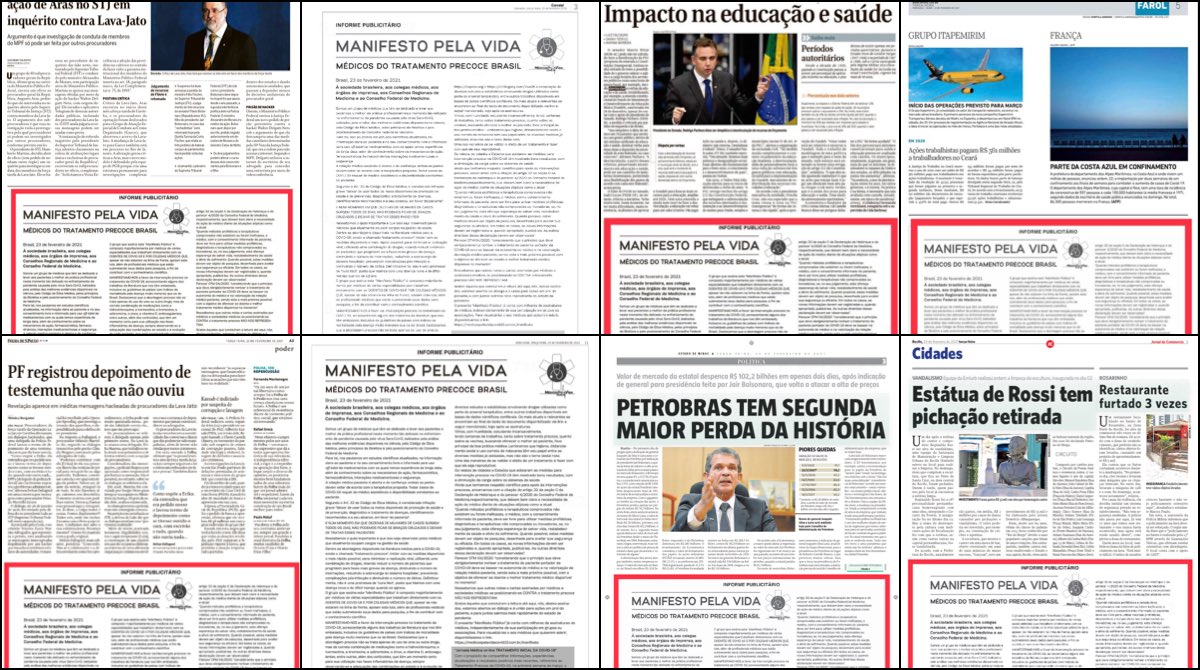
At least eight Brazilian newspapers published an advertorial in which an obscure association of doctors defends the adoption of a so-called 'early treatment' of COVID-19, whose benefit is not scientifically proven. The decision of the newspaper companies to open space, albeit an advertising one, for the transmission of false information about the pandemic generated criticism.

The study, which interviewed 1,000 people, aimed to find a kind of vaccine against false news, especially during the electoral period